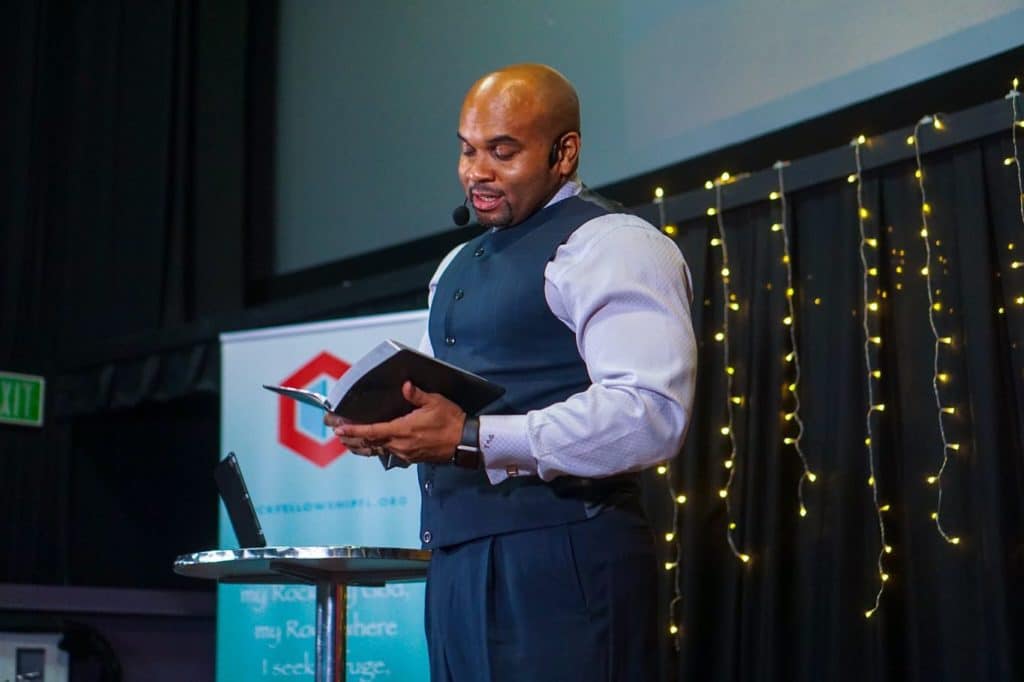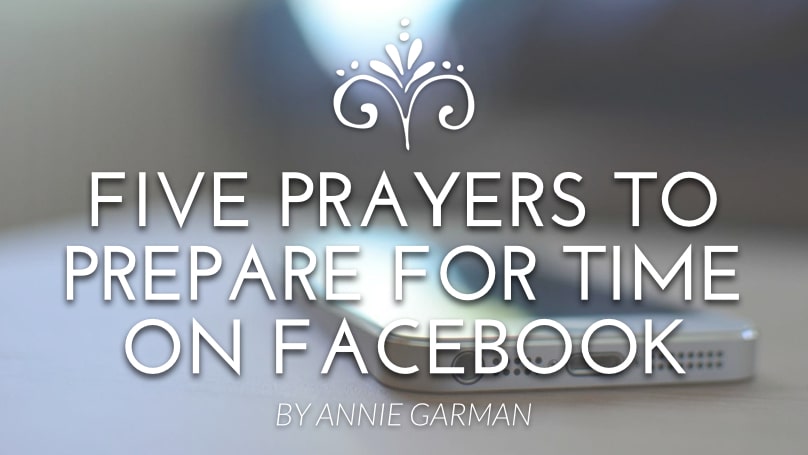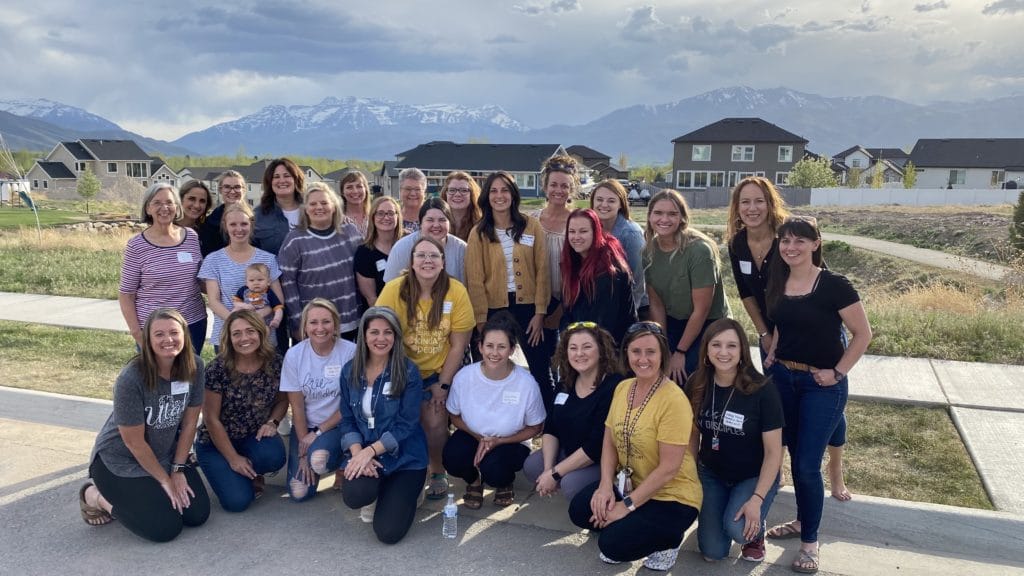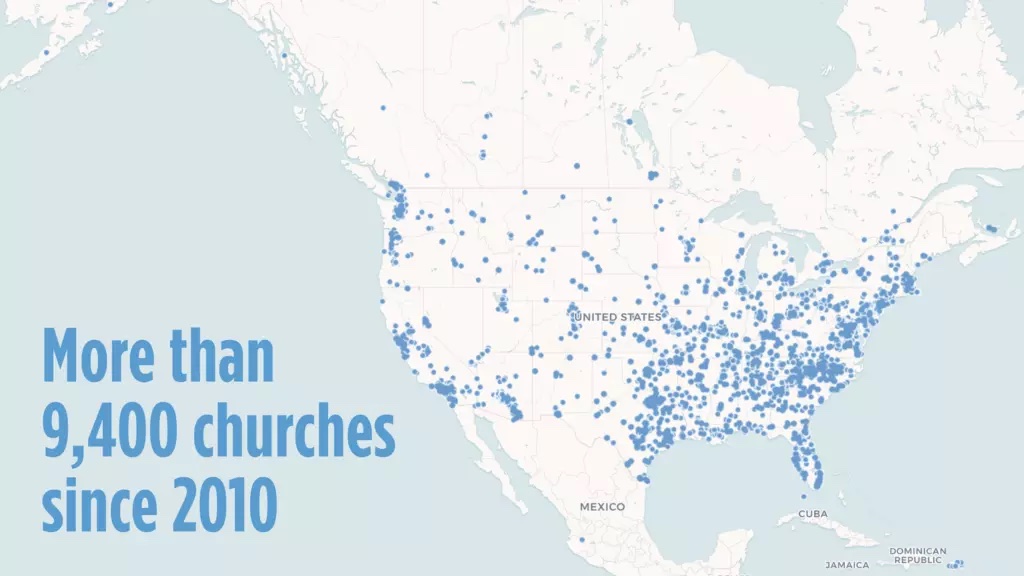Daryl Jones left a megachurch in Texas to plant The Rock Fellowship in Miami, Florida. In this Q&A he talks about the challenges of leaving a well-established church to start a new church in a new city.
Send Network: Before you planted The Rock Fellowship, you were working with youth at Oak Cliff Bible Fellowship in Texas. Tell us a little about that.
Daryl: I was the youth director at Oak Cliff Fellowship.. It was an awesome experience and opportunity, but leaving a well-established church to plant a church also had some challenges. When you come from a big church, you have systems in place. You have a budget. You have all these things, and then you plant a church, and you’re so used to that you can become tempted to play the comparison game or you feel like a failure because you can’t do certain things.
But you have to understand what God called you to do and understand what that really looks like as far as building and growing in the process. I think some of my background, especially from athletics, helps me enjoy and embrace the process.
Send Network: In Texas, there are big churches everywhere. I’m sure church planting forces you to rethink your expectations of the church, and that a certain number isn’t necessarily a stamp of success. Unpack that for us.
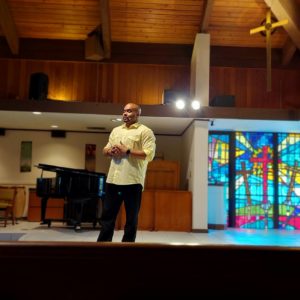
Daryl: When I was first approached about church planting in Miami with Send Network in 2013, I told God “No” for a year and a half because I didn’t want to move. I was like, “That’s crazy. I have too many kids.” I had six kids and ended up having one on the way.
In Miami, a healthy church is considered like 70 people. And coming from the kind of background in Texas where there are big churches everywhere, and from being in a large church, it’s like, “Whoa, what does that look like?”
But when you’re planting a church, you must change the score card. When you think about Miami, you don’t think about Jesus and church. But one of the things that’s important is realizing what God is really calling us to do. And that call is to make disciples. And one of the things I’ve learned, especially coming from the Bible Belt, was that there were a lot of “church people,” but that didn’t mean they loved Jesus. That didn’t mean they walked with the Lord.
One of the things I really enjoy here when we talk about changing the score card — and what it really looks like to reach people for Christ and to make disciples — is that the people that come to church in Miami want to come to Church. It’s not networking here. It is not just what you do. It’s not a tradition. It’s not a check-off.
Send Network: What has it been like doing ministry in a city like Miami?
Daryl: I can’t imagine doing ministry anywhere else. When you see those light bulbs go off for people who have never read the Bible and people don’t know the history about Jesus, it’s amazing. And they’re like, “I didn’t know the Bible talks about that.” And I say, “Oh, I got a lot more to show you.” And I love it.
But it is important for pastors to change that scorecard, especially for us who come from large, thriving ministries with strong pastors.
We must be reminded of our call and where God is placing us and what we’re doing. We’re building. God is using us to build. So, we’re not on that other side of ministry where they’re 30-50 years old. You’re just getting started. You’re doing a lot of foundational work, and you’re really, truly building the next generation of disciples who are going to truly impact the community on a whole other level for the cause of Christ.
Send Network: You wrote the book, Youth Matter: Kingdom Development, Kingdom Impact. And I’ve noticed church planters sometimes have a hard time ministering to youth. A lot of churches don’t have the means, volunteers and time to attend to the youth. Explain a little bit about what you’ve done regarding youth in Miami.
Daryl: I wrote that book because that’s the kind of book I was looking for during my days as a youth pastor. There were a lot of devotionals and a lot of Bible studies, but I wanted something that could do a little bit of a deeper dive in understanding where they are in this phase of life and development, what God is doing and really examining God’s Word through that.
Our youth are not the Church of tomorrow. They are the Church of now. Those youth who are believers in Christ are the Church right now, and they will be the leaders of the church of tomorrow.
I always share with our parents that they are the chief disciplers for their youth. And the church comes alongside as a supplement or complement of their discipleship for their children. And if parents are the chief disciplers, we ask: “How can I equip my parents to build and pour into their youth?” Which means, I’m trying to create a culture where parents are doing it, having those conversations, and we champion it. We celebrate it. We ask, “What can we do? How can we help?” We look at our budget and try to figure out what we can do. If we can’t do a full program, can we do breakout sessions?
And our youth are involved in the church. We want them to know this is their church. Fifth Sundays are Youth Family Sundays, and the youth take over: they sing, they do the welcome and they conduct different elements of the service. On non-youth Sundays, they help with running the projector, they help with the livestream, they help set up the cameras, etc.
Daryl Jones is lead pastor and planter of The Rock Fellowship in south Florida.
Published July 21, 2021
